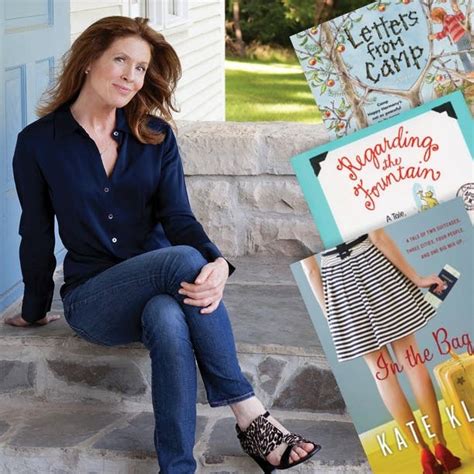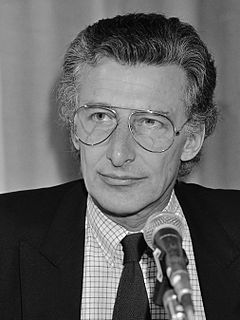A Quote by Jean Cocteau
After the writer's death, reading his journal is like receiving a long letter.
Related Quotes
The most famous self-made man in the world today is our own Edison. Talk with Mr. Edison and he will tell you he owes much if not most of his success to omnivorous reading. Forbes is one of his favorite publications. How closely he reads it can be gathered from a letter just received from him in which he asks the editor to forward a long analytical letter to the writer of a series of articles which contained two figures Mr. Edison questions, and he wants to know exactly on what authority or investigation they were based. Both letters were the product of Mr. Edison and were signed by him.
A few hours after the news broke about the death of crime writer Donald E. Westlake, a newspaper asked me to write a tribute. In short order I did so, calling attention to his decades-long career, both under his own name and that of his primary alter ego, Richard Stark, who introduced the unsentimental antihero-heister Parker to the literary canon.
For instance, the notion of non-penal substitution. This idea, found in the work of the nineteenth century Scottish Reformed theologian John McLeod Campbell and based upon his reading of the letter to the Hebrews in particular, is that Christ offers up his life and death as a penitential act on our behalf, rather than as a punishment in our stead.
P.S. Nothing personal, but I think this journal assignment is a waste of time. I know I have to do something to make up for all the work I'm missing at school, but I HATE busywork. And that's what this journal thing is. Half the teachers at school assign work they never read. When we get stupid assignments like that, I always write somewhere on my paper "blah blah blah" or "I bet you're not even reading this," are you? or "Give me a sign if you're reading this." They never are.
Someone asked me if I would like to write a man on death row, be a pen pal, and I was like, sure. I volunteered. I had been in a place in my life - a relationship had ended; my parents were getting elderly - I was kind of adrift. The name that was given to me, just randomly, was Todd Willingham. And he wrote me a letter, and in this letter, he thanked me for writing him and [said that] if I would like to visit, he would put me on his visitor list... I was just really struck by the letter from Todd. It was very polite; it was very kind.
Luke [the gospel writer] screws up his dating by tactlessly mentioning events that historians are capable of independently checking. There was indeed a census under Governor Quirinius - a local census, not one decreed by Caesar Augustus for the Empire as a whole - but it happened too late in 6 AD, long after Herod's death.
Two kinds of reading can be distinguished. I call them reading like a reader and reading like a writer ... when you read like a reader, you identify with the characters in the story. The story is what you learn about. When you read like a writer, you identify with the author and learn about writing.
If written in the three-letter words of the four-letter alphabet,a human being is determined by a genetic narrative long enough to fill the equivalent of 500 Bibles.In the meantime human beings have discovered this for themselves. That's right. They have uncovered our profoundest concept -- namely, that life is ultimately reading. They themselves are the Book of Books.
THE WRITER can get free of his writing only by using it, that is, by reading oneself. As if the aim of writing were to use what is already written as a launching pad for reading the writing to come. Moreover, what he has written is read in the process, hence constantly modified by his reading. The book is an unbearable totality. I write against a background of facets.
One of the most useful parts of my education as a writer was the practice of reading a writer straight through - every book the writer published, in chronological order, to see how the writer changed over time, and to see how the writer's idea of his or her project changed over time, and to see all the writer tried and accomplished or failed to accomplish.







































